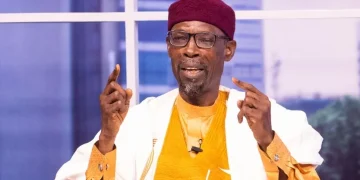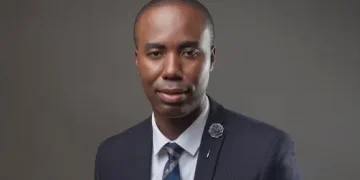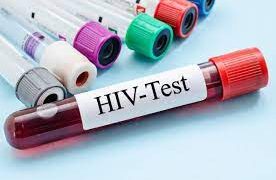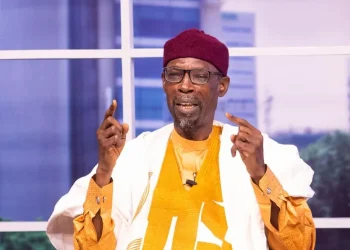President Nana Addo Dankwa Akuffo Addo in his 2016 election campaign promised a factory for every district. A year into his administration, it seems it will be difficult for him to achieve this dream by looking at the number of districts as well as the challenges confronting his government.
With all political affiliations aside, Ghanaians should for the first time pray together for a particular government’s policy to see the light of the day.
This policy if achieved will have nothing to do will your political affiliation but rather for the development of each locality and the country as a whole.
Maybe you did not like the idea of a factory for every district but have you ever thought of the benefits it will bring?
The first thing this policy will curb will be unemployment. Unemployment is one of the biggest problems the country is facing. This policy, if achieved will meet the demand of the ever-growing population. With such young population, the increasing number of unemployed citizens especially the youth is a threat to the country’s security. A clear example is what has been happening in Somalia. Due to the high unemployment, the Al Shabab rebels are able to lure the young men to join them. A couple of years back, there were reports of some Ghanaian young men joining ISIS. In our part of the world, the only thing that will make a person join such an organization is unemployment. Therefore, should such a policy not see the light of the day, it will easy for young Ghanaians to be recruited by such organizations.
Apart from the threat to national security, people will not risk their life to cross the Mediterranean Sea to go to Europe. Anyone who watches Aljazeera knows the number of times they report on boats that have capsized on the Mediterranean Sea. No Ghanaian will risk his or her life if there were industries to employ the teeming youth in the country.

Furthermore, it will reduce rural-urban migration. Rural-urban migration is another challenge the country has not been able to solve due to the unavailability of jobs in the rural areas. The increasing number of people from rural areas to urban centres has led to the creation of slumps, social vices, etc. Without jobs in the hinterlands, this form of migration is not ending anytime soon. No one will be willing to move from her village in the north to Adum and become a kayaye.
Getting waste of our street is a big challenge in the country and from my view, it is as a result of the activities of hawkers on our streets. Getting the hawkers off the streets of Kumasi especially is the most difficult thing any government will find it easy to do. The region has the highest population in the country and with such high number of unemployed citizens, the only means they will be able to get their daily bread from will be to hawk on the streets of Adum, Tech Junction, Children’s Park, etc. Recently, Ejisu roundabout was turned into a market. Although the authorities have been able to find a place for them, they have only been able to solve a percentage of the problem because since there are no jobs, new people will come and occupy the place. Imagine what will happen should the government complete the Boankra in-land port. Will these people see the need to sit under this scorching sun to sell on the street of Ejisu every day?
There will be an improvement in the local economies and as a result, investors will be willing to invest anywhere in the country. As at now, chances of a multinational cooperation setting up an office in Volta or any of the three northern regions is very low. Accra has got all the attention, therefore, making it difficult for the other regions to attract foreign investors. But in a situation where every district has a factory, the investors will be willing to invest since they know the residents will be willing to patronize whatever they will be dealing in.
Lastly, it will reduce importation of some commodities. At the moment, we import the majority of the commodities on the Ghanaian market; matches, super glue among other stuff are all imported. But should this policy come to pass, we will finally be able to put our factors of production to use and produce some of the things will consume locally.
And who would not be proud to see an end to these problems in Ghana?








![Drake helps a group of African kids go viral [Watch]](https://thepostghana.com/wp-content/uploads/2020/04/drake-2019-pxn-billboard-1548-1586360114-1024x677-360x180.jpg)





































